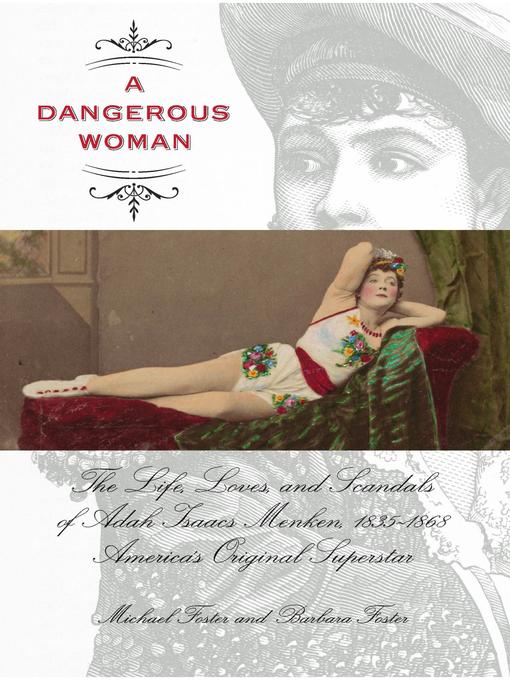The definitive biography of a trailblazing actress
who entertained—and shocked—the nation and the world
Marilyn Monroe might never have become the legend she did without America's original tragic starlet: actress and poet Adah Isaacs Menken (1835–68). In a century remembered for Victorian restraint, Menken's modern flair for action, scandal, and unpopular causes—especially that of the Jewish people—revolutionized show business. On stage, she was the first actress to bare all. Off stage, she originated the front-page scandal and became the world's most highly paid actress—celebrated on Broadway, as well as in San Francisco, London, and Paris. At thirty-three, she mysteriously died.
A Dangerous Woman is the first book to tell Menken's fascinating story. Born in New Orleans to a "kept woman of color" and to a father whose identity is debated, Menken eventually moved to the Midwest, where she became an outspoken protégé of the rabbi who founded Reform Judaism. In New York City, she became Walt Whitman's disciple. During the Civil War she was arrested as a Confederate agent—and became America's first pin-up superstar. Menken married and left five husbands. Ultimately, she paid dearly for success.
A major biography of a remarkable woman, A Dangerous Woman is must reading for those interested in women's history, the roots of modern-day American Judaism, and African-American history.
Praise for a previous book by Barbara and Michael Foster, Forbidden Journey: The Life of Alexandra David-Neel
"Hers was a great human life, very well written up in Forbidden Journey. . . . Surely this biography will provoke even more interest." —New York Times Book Review


